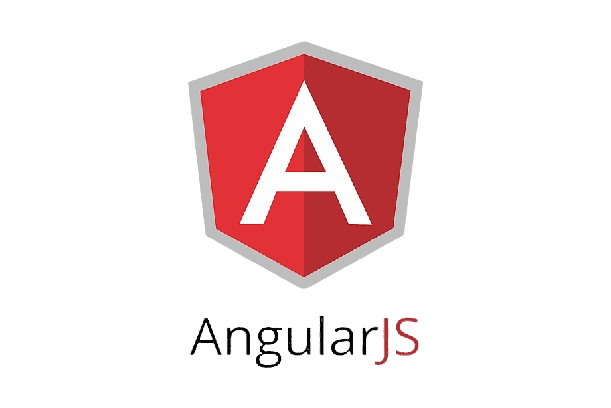front-end technologies
Create stunning interfaces with our innovative front-end technologies
Vue.js is a progressive JavaScript framework used for building user interfaces and single-page applications. It provides developers with the ability to create interactive and dynamic web interfaces efficiently. Companies leverage Vue.js due to its flexibility, ease of integration into existing projects, and its rich ecosystem of libraries and tools. Its component-based architecture enables teams to develop modular, maintainable, and scalable applications, facilitating faster development cycles and enhancing user experience. Companies often utilize Vue.js to create responsive and high-performing web applications, manage complex UI components, and deliver seamless user interactions, thereby enhancing their digital presence and improving customer satisfaction. Read More…
React is a JavaScript library developed by Facebook for building user interfaces, particularly for single-page applications where UI changes dynamically. It utilizes a component-based architecture, allowing developers to create reusable UI components. Companies use React extensively to build interactive, fast, and scalable web applications. It enables teams to efficiently manage complex UIs by breaking them down into smaller components, improving code maintainability and reusability. React’s virtual DOM efficiently updates only the necessary parts of the actual DOM, enhancing performance. Additionally, its thriving ecosystem with tools like Redux for state management and Next.js for server-side rendering further contributes to its widespread adoption by companies for creating modern, responsive, and feature-rich web applications. Read More…
AngularJS is a popular open-source JavaScript framework developed by Google that enables the creation of dynamic, single-page web applications. It provides a structured framework for front-end development by extending HTML with additional attributes, enabling the development of a more responsive and interactive user interface. Companies leverage AngularJS for its ability to organize and streamline code, facilitate the creation of robust web applications with reusable components, implement data binding for seamless synchronization between the model and view, and enable dependency injection for easier testing and maintenance of codebases. Organizations utilize AngularJS to build scalable, maintainable, and feature-rich web applications, which enhances user experience and enables faster development cycles through its modular and organized approach to front-end development. Read More…
Next.js is a popular open-source React framework used for building fast and scalable web applications. It provides various features such as server-side rendering, automatic code splitting, and easy routing, simplifying the development of complex frontend applications. Companies leverage Next.js to create performant and SEO-friendly websites, allowing for improved user experiences and faster loading times. Its flexibility and support for server-side rendering make it ideal for implementing dynamic and interactive web applications. Moreover, its ability to seamlessly integrate with backend technologies and its support for API routes enable companies to build full-stack applications efficiently. Companies utilize Next.js to deliver high-quality, interactive, and optimized web experiences to their users while enhancing development speed and maintainability. Read More…
